When it comes to soft skills in tech recruitment, many hiring managers still focus heavily on hard skills, certifications, tools, and credentials. While technical ability is essential, soft skills like communication, collaboration, and adaptability are what help teams thrive in fast-paced technical environments.
Why Soft Skills Matter in Tech Recruitment
Technical professionals no longer work in silos. Whether in engineering, manufacturing, or civil infrastructure, success depends on interpersonal collaboration as much as technical accuracy.
- The 2025 LinkedIn Workplace Learning Report found that 91% of L&D professionals believe soft skills are more important than ever.
- Soft skills like communication and emotional intelligence directly impact team engagement, innovation, and leadership potential.
The Business Value of Soft Skills in Tech Hiring
Companies that emphasize soft skills in tech recruitment report higher retention and improved project outcomes. For example:
- Organizations that train and hire for soft skills see up to 50% higher employee retention
- Cross-functional teams perform better when communication and adaptability are core strengths
- Candidates with strong interpersonal skills are promoted 8% faster in technical roles
At TTG, we’ve seen this firsthand. One aerospace engineering client added soft-skill evaluations to their interview process and saw a 20% improvement in employee retention within one year.
How to Evaluate Soft Skills in Technical Candidates
Hiring for soft skills in tech recruitment requires a strategic approach:
- Use behavior-based interviews to reveal how candidates handle feedback and conflict
- Involve future teammates in the hiring process
- Implement structured scorecards that assess both hard and soft skills
- Include short simulations or job trials when possible
These methods provide a fuller picture of each candidate and how well they’ll integrate with your team.
How to Assess Soft Skills
To evaluate soft skills rigorously:
- Behavioral interviews: Ask candidates how they’ve navigated conflict, feedback, or collaboration situations.
- Peer interviews: Allow the team to assess practical communication and fit.
- Work-based simulations: Use case studies or workshops to see skills in action.
- Structured rubrics: Score interpersonal and technical competencies evenly.
These methods help your team hire holistically, skilling for both ability and alignment.
Build Teams That Do More Than Code
Hiring great technical talent is only half the battle. For long-term success, you need professionals who can think critically, communicate clearly, and adapt quickly. That’s the power of soft skills.
At Technical Talent Group, we help clients hire for the full package—technical expertise and team fit.
Need help hiring for both capability and culture?
Contact us to bring balance to your hiring strategy.
Data Sources:
- LinkedIn Learning Workplace Report 2025
- LinkedIn data on soft skills importance and promotions (2024–2025)
- Workplace skills disruption by 2030, WEF
- Skills on the Rise in 2025

